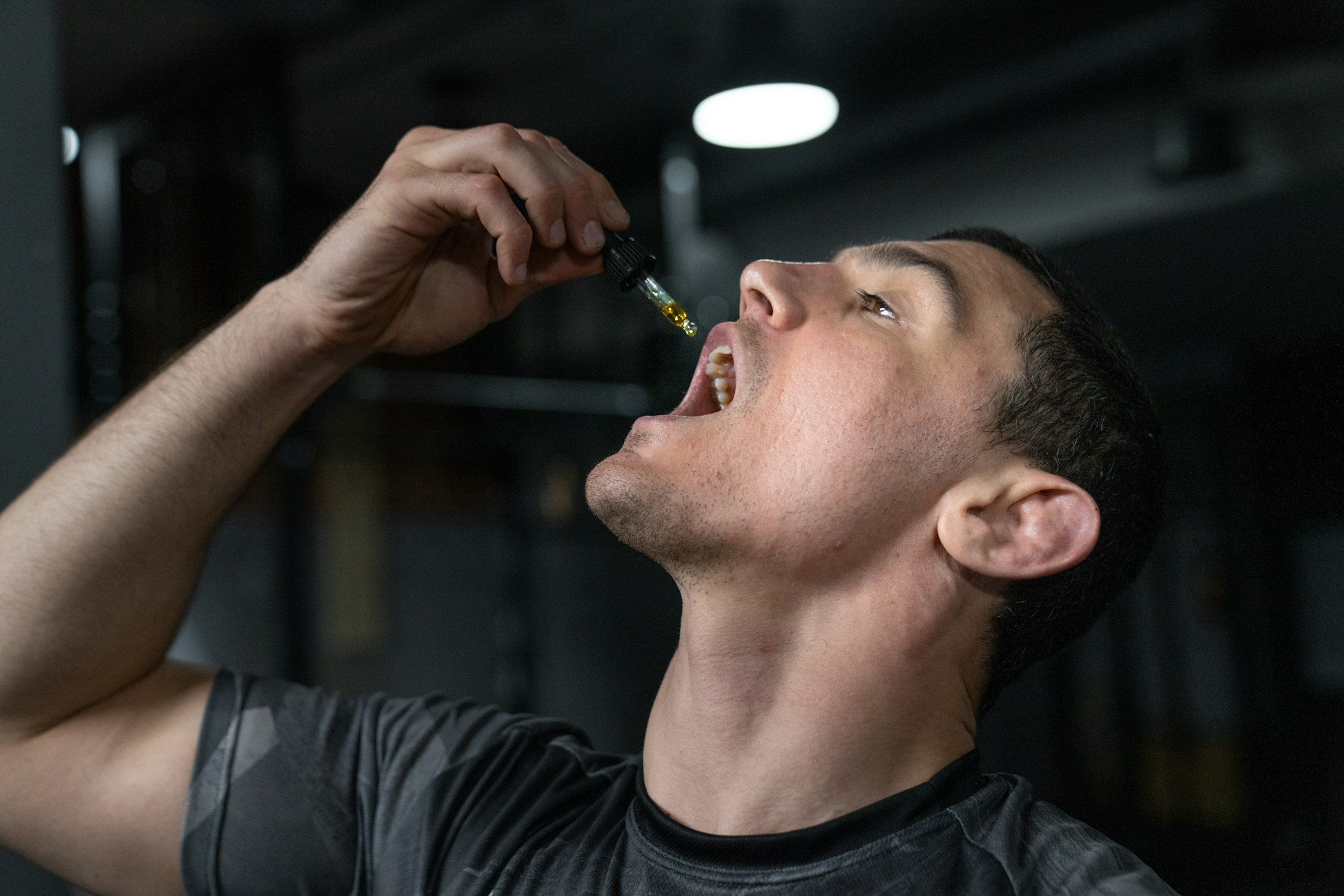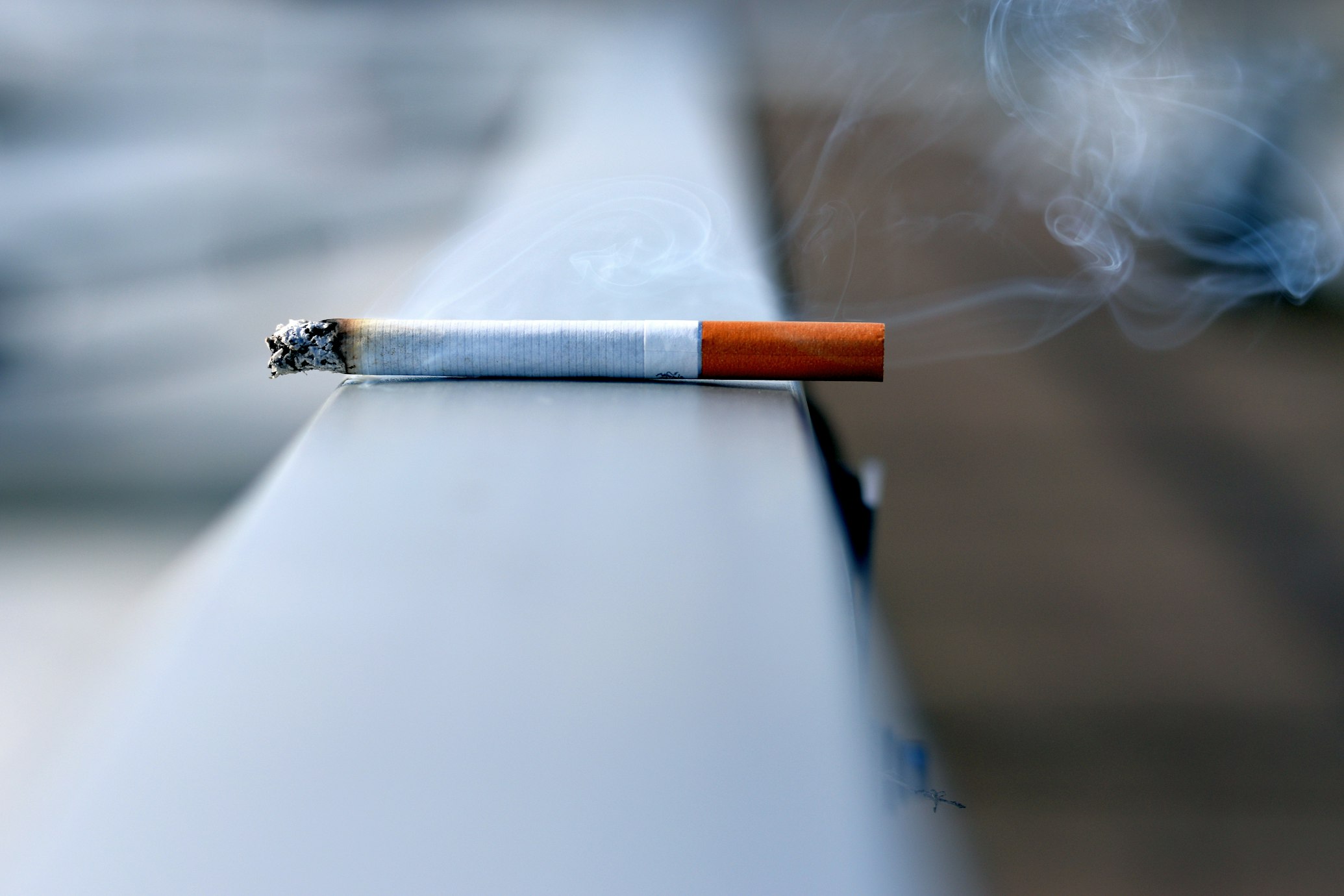Can CBD be used for addiction recovery? The upsurge of interest in Cannabidiol (CBD) for addiction recovery encapsulates a blend of empirical research and compelling anecdotal testimonies. Of its broad therapeutic uses, its efficacy in mitigating the effects of dependencies on opioids, alcohol, and nicotine has particularly captured scientific and medical attention.
Unraveling CBD's Unique Profile
To understand CBD's significance, one must differentiate it from its cannabis counterparts. Derived from the cannabis plant, CBD is one of numerous cannabinoids. Its well-known counterpart, THC (tetrahydrocannabinol), imparts the psychoactive 'high' of marijuana. Contrarily, CBD lacks these intoxicating effects. Instead, its potential benefits, from alleviating pain to reducing anxiety, have garnered significant attention from the global medical and scientific communities.
The Opioid Crisis: Can CBD Help?
The opioid crisis continues to afflict the United States, with staggering figures from the U.S. Department of Health & Human Services indicating that approximately 2.1 million Americans battled opioid-related substance use disorders in 2016. Opioid withdrawal symptoms, such as intense pain, anxiety, and nausea, often present formidable challenges to those seeking sobriety. Preliminary research suggests CBD could play a role in alleviating these symptoms. Its potential neuroprotective attributes may also counter opioid neurotoxicity.
The opioid crisis, which has wreaked havoc particularly in the United States, has been described as a public health emergency. Its roots can be traced to the late 1990s when pharmaceutical companies reassured the medical community that opioid pain relievers were not addictive. This led to widespread prescription, subsequently birthing an epidemic. By 2019, the Centers for Disease Control and Prevention (CDC) estimated that opioids, encompassing prescription and illicit drugs, caused the deaths of nearly 500,000 Americans from 1999 to 2019. The quest for effective interventions has led to the exploration of various alternatives, including Cannabidiol (CBD).
- CBD's Therapeutic Potential
CBD's potential therapeutic benefits have been a focal point for Dr. Yasmin Hurd, a leading researcher at Mount Sinai Hospital in New York. Hurd's studies indicate that CBD can reduce cravings and anxiety among heroin users. While heroin is not an opioid, its addiction patterns and physiological impacts share similarities with opioids, making these findings particularly relevant.
- CBD's Mechanism of Action
Understanding how CBD may address opioid addiction requires diving into the neurobiology of addiction. Opioids, like other addictive substances, disrupt the brain's production and absorption of neurotransmitters, particularly dopamine. This disruption creates the hallmark cravings and withdrawal symptoms of addiction.
CBD is believed to interact with the body’s endocannabinoid system. Through its interactions with CB1 and CB2 receptors, particularly in the brain, CBD may help regulate neurotransmitter release. This regulatory potential could be vital in rebalancing the brain's chemical environment, potentially reducing cravings and withdrawal symptoms associated with opioids.
- Initial Clinical Trials
Preliminary clinical trials have showcased CBD's potential in opioid treatment. For example, a double-blind study found that individuals with heroin addiction who were administered CBD exhibited fewer drug cravings and reduced anxiety levels, even a week after the CBD administration ended.
- The Broader Context
It's worth noting that the exploration of CBD in the realm of opioid addiction is part of a broader movement. Institutions like Johns Hopkins University and the University of California, San Francisco, have delved into the potential benefits of substances previously considered controversial for addressing addiction. Psychedelics such as psilocybin and MDMA are also under rigorous scientific evaluation for their potential therapeutic benefits in treating a range of conditions, including addiction.
While the initial findings are promising, there is a need for more expansive, controlled, and long-term studies to ascertain CBD’s efficacy and safety profile in opioid addiction recovery. Moreover, given the complexity of addiction, it's unlikely that any single intervention, including CBD, would be a silver bullet. Integrated approaches, which might combine CBD with behavioral therapies and other treatments, could be the way forward.
CBD's Potential in Alcohol Addiction Mitigation
The global challenge of alcohol addiction, with its health, societal, and economic repercussions, remains pressing. Chronic alcohol use is associated with several health complications, including liver disease. Recent research has highlighted CBD's potential to both lower alcohol consumption rates and shield the liver from alcohol-induced damage. Some studies even suggest that CBD may help prevent relapse among recovering alcoholics.
Cannabidiol has been gaining traction as a potential therapeutic agent for various health concerns, and its role in mitigating alcohol addiction is an area of budding research interest. Chronic alcohol consumption not only poses direct risks to organs like the liver but can also lead to long-term neurological and psychological complications.
Preliminary studies suggest that CBD might reduce the consumption of alcohol by altering the reward mechanisms in the brain associated with alcohol intake. Moreover, CBD's anti-inflammatory and neuroprotective properties might offer protection against alcohol-induced liver and brain damage. While the early results are promising, they underscore the importance of more extensive research to fully understand CBD's capabilities and limitations in addressing alcohol dependency.
CBD's Role in Nicotine Withdrawal and Smoking Cessation
The journey to quit smoking has a ton of challenges, particularly due to the addictive nature of nicotine. Overcoming this addiction is not just about breaking the habit of reaching for a cigarette but also combating the intense withdrawal symptoms and cravings that ensue. In this context, CBD (Cannabidiol) is emerging as a potential ally in the battle against nicotine addiction.
Nicotine stimulates the release of neurotransmitters like dopamine, promoting a feeling of pleasure and reward. Over time, the brain becomes reliant on nicotine for these pleasurable sensations, leading to addiction. When one attempts to quit, the sudden absence of nicotine results in withdrawal symptoms such as irritability, anxiety, and strong cravings.
Early research indicates that CBD might play a role in modulating these neurotransmitter systems. By interacting with the endocannabinoid system in the body, CBD could potentially balance out neurotransmitter levels, thereby reducing the intensity of cravings and easing withdrawal symptoms.
A notable study published in the journal 'Addictive Behaviors' found that smokers who were given CBD inhalers smoked fewer cigarettes than usual and had reduced nicotine cravings. This study, among others, suggests that CBD might help in breaking the cycle of addiction by acting on the neural pathways associated with the cravings for nicotine.
Furthermore, CBD’s anti-anxiety properties could be invaluable for those trying to quit smoking. Anxiety is a common withdrawal symptom, and if CBD can alleviate this, it might make the cessation process more manageable.
However, while these early findings paint an optimistic picture, it's crucial to approach them with caution. More comprehensive research, long-term studies, and clinical trials are essential to fully understand and validate CBD's role in nicotine withdrawal and smoking cessation. Only then can it be recommended as a mainstream tool for those looking to break free from the clutches of nicotine addiction..
The Science Behind CBD’s Therapeutic Effects
Central to the conversation is the endocannabinoid system in the human body, a complex network that regulates numerous functions such as sleep, mood, and appetite. It is posited that CBD interacts with receptors within this system, potentially modulating neurotransmitter release. This cellular communication might be the linchpin in CBD's perceived effectiveness in addiction recovery, aiming to restore neurochemical equilibrium. While CBD's prospects in addiction recovery are enticing, they rest on the pillars of rigorous scientific exploration.
Early research has been promising, spotlighting its potential benefits across various addictions. Yet, more expansive, controlled trials are crucial to validate and expand upon these initial discoveries.
CBD in Addiction Recovery: A Promising Frontier
Addiction, whether to narcotics, nicotine, alcohol, or other substances, poses a multi-dimensional challenge, affecting not just the individual, but also their families, communities, and society at large. In the quest for effective treatments, the role of Cannabidiol (CBD) in addiction recovery has emerged as a promising avenue worth exploring further.
- The Science Behind CBD's Potential: Our understanding of addiction has evolved over the years, moving away from merely seeing it as a moral failing to understanding its deep-rooted physiological and psychological bases. At the heart of addiction lies an imbalance in the brain’s neurotransmitter systems. CBD's potential influence on addiction stems from its interaction with the body's endocannabinoid system. This system, comprising receptors and signaling molecules, plays a crucial role in regulating emotions, pain perception, and reward mechanisms. By potentially stabilizing neurotransmitter fluctuations and restoring homeostasis, CBD might offer a therapeutic edge in addiction recovery.
- CBD's Versatility: What sets CBD apart is its potential versatility. Preliminary research has indicated its promise in addressing not just one form of addiction, but multiple. From reducing opioid withdrawal symptoms to curbing nicotine cravings and moderating alcohol consumption, CBD showcases a broad spectrum of potential applications.
- The Safety Profile: Unlike many medications used to treat addiction, CBD has, thus far, demonstrated a favorable safety profile. It lacks the intoxicating effects seen with THC, another primary cannabinoid found in cannabis. This characteristic makes it a more appealing option for long-term use, especially given the concerns about substituting one addiction with another.
- Holistic Healing: Beyond its physiological benefits, CBD's potential anti-anxiety and mood-regulating properties might address some of the psychological triggers of addiction. Many individuals turn to substances as a way to cope with stress, trauma, or other underlying mental health issues. By potentially providing relief in these areas, CBD could assist in a more holistic healing process.
- The Road Ahead: While the initial forays into the realm of CBD for addiction recovery are indeed promising, the field is still in its infancy. Robust, large-scale clinical trials are essential to delineate the exact mechanisms of action, optimal dosages, and potential side effects. Collaboration among researchers, medical professionals, policymakers, and patient advocacy groups will be crucial in navigating the future of CBD in addiction therapy.
In conclusion, CBD's role in addiction recovery represents an exciting intersection of traditional knowledge, modern science, and innovative therapeutic approaches. As research continues to unravel the mysteries of the endocannabinoid system and the multifaceted benefits of CBD, we might be on the cusp of a transformative era in addiction treatment.
For those considering exploring the potential benefits of CBD in their journey towards addiction recovery, Eden's Herbals offers a comprehensive range of CBD products tailored to individual needs. With a commitment to quality and efficacy, Eden's Herbals ensures you have access to the finest CBD solutions. Whether you're just starting your recovery journey or looking for additional support, stop by the shop page to discover products that resonate with your needs. Remember, personal wellness is a journey, and finding the right tools can make all the difference.
DG





